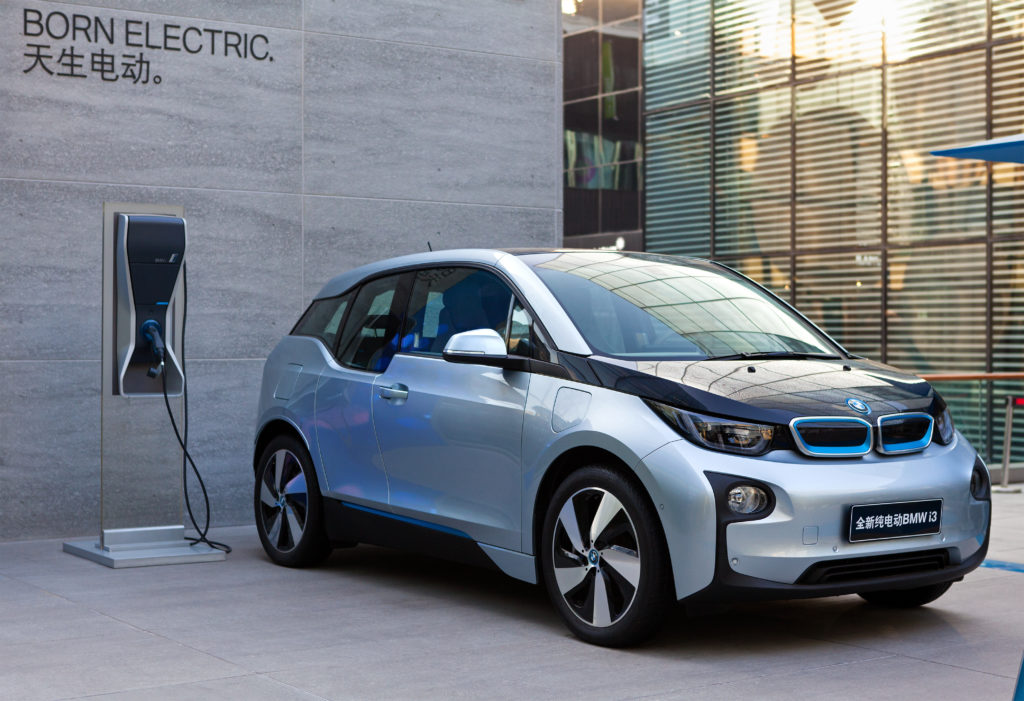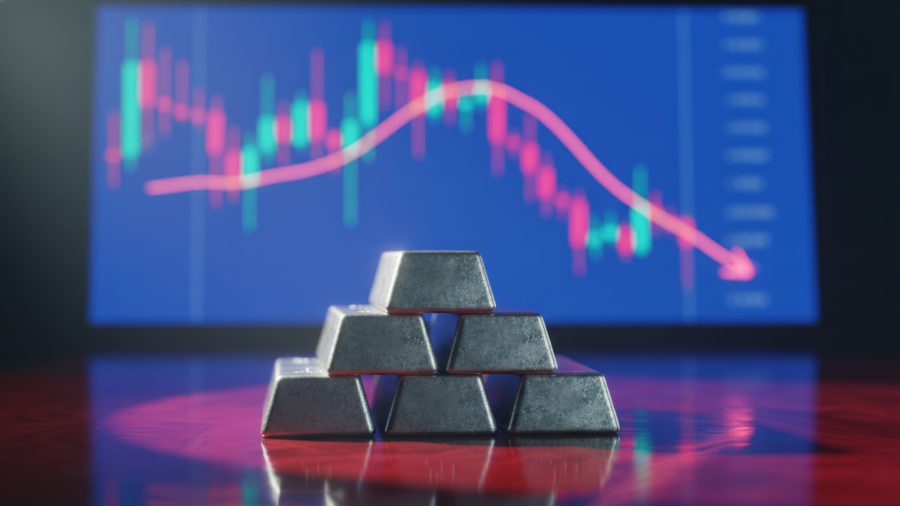China’s reliance on foreign battery metals poses a challenge – industry

China needs to strengthen its domestic resources of battery metals including nickel, lithium and cobalt as its reliance on external supply poses a risk for its electric vehicle industry, a metals industry official said on Friday.
China depends on overseas sources for 93% of its nickel, 98% of its cobalt and 65% of its lithium, said Hu Changping, Deputy Secretary General of the China Nonferrous Metals Industry Association.
“The self-sufficiency rate of nickel, cobalt, lithium and other mineral resources is relatively low,” Hu told the Antaike China battery metals conference in Dezhou city in Shandong province.
The three metals are key raw materials for making lithium-iron batteries, a popular choice for the burgeoning electric vehicles industry globally.
Hu’s remarks were in line with draft rules issued by China’s industry ministry on Thursday to improve the country’s supply of lithium, nickel and cobalt.
The ministry said China will also accelerate research and development of new types of batteries, including sodium-iron batteries and hydrogen energy storage batteries, in an effort to reduce its reliance on lithium-iron batteries.
China’s output of the main battery cathode materials nearly doubled in 2021, but domestic supply of raw battery material – nickel metal, cobalt metal and lithium carbonate – grew only 10%, 15% and 53% respectively, Hu said.
“New energy materials such as nickel, cobalt and lithium showed vigorous developments. The downward pressure of the real economy is increasing, but the new energy industry is going against the trend,” Hu said.
China needs to strengthen domestic resource exploration and recycling, as well as optimise overseas supply, he said, adding that the industry faced challenges.
“Resource nationalism and trade protectionism are on the rise… Europe and the United States emphasised their intention to build a closed-loop supply chain for new energy vehicles, reduce their dependence on Asia-Pacific lithium,” Hu added.
He also said sky-rocketing prices, especially of lithium, had pushed up costs and encouraged irrational expansion and acquisitions in the industry.
(By Siyi Liu and Mai Nguyen; Editing by Richard Pullin)
More News
{{ commodity.name }}
{{ post.title }}
{{ post.date }}




Comments